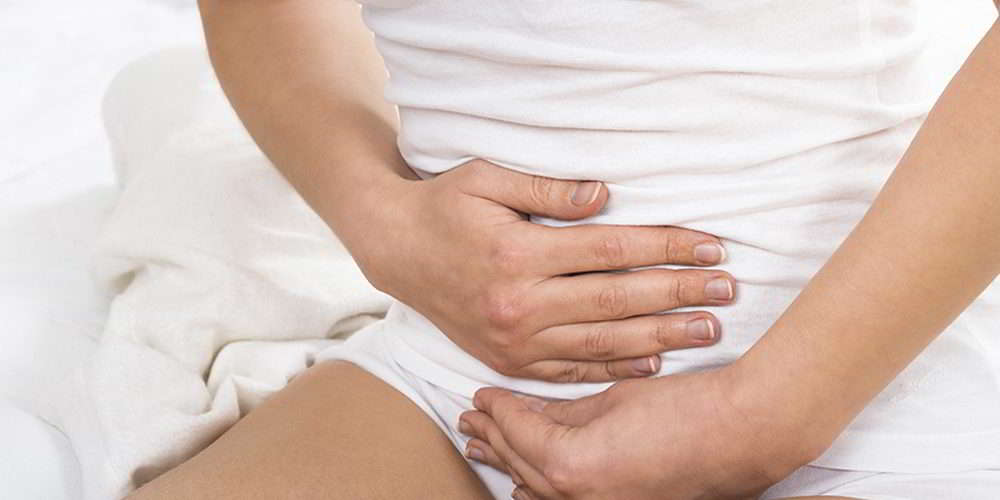

What is Endometriosis?
Endometriosis is a condition found in women where tissue that makes up the womb lining (endometrium) is found outside the womb, such as in the ovaries and fallopian tubes, the outside of the womb, the bowel or bladder, and the inside of the abdominal lining. The tissue acts like endometrium tissue building up, breaking down the bleeding monthly due to the body’s hormonal changes. But as the tissue is outside of the womb, the blood cannot exit the body as a period. This can cause irritation and inflammation, leading to scar tissue formation which can cause pain.
How Common is Endometriosis?
Endometriosis is a common condition. It is estimated to affect approximately 2 million women in the UK, who are mostly diagnosed between the ages of 24 and 40. After menopause, the condition is rare.
What Causes Endometriosis?
Unfortunately, the cause of endometriosis is unknown. However, there are several theories which can help explain the cause of the condition:
- Genetics – the condition is thought to run in families, affecting people in certain ethnic groups more than others.
- Retrograde menstruation – when the lining of the womb flows up the fallopian tubes and embeds itself on the organs of the pelvic, rather than leaving the body as a period.
- Problems with the immune system.
What are the Symptoms of Endometriosis?
- Severe abdominal pain
- Painful, heavy and irregular periods
- Painful bowel or bladder movements
- Bleeding between periods
- Pain during/after sexual intercourse
- Difficulty getting pregnant
- Fatigue/lack of energy
For some women, endometriosis can stop them from doing their normal activities, and it may sometimes lead to feelings of depression. The intensity of the pain can vary from month to month and can vary greatly among affected individuals. Some women experience progressive worsening of symptoms, while others can have resolution of pain without treatment.
What Causes Endometriosis Pain?
The most common cause of Endometriosis pain is severe cramping during monthly menstruation. The extent of this pain can often be debilitating. The pain is a result of internal bleeding from the lining being shed inside the body in a place where it doesn’t belong. This can lead to scar tissue formation, blocked fallopian tubes and bowel problems.
When to See Your Doctor
It is important to book an appointment to see your doctor if you suspect you may have endometriosis. It may be helpful to write down your symptoms and how they are impacting your life so that you can share these with your doctor. It can be difficult to diagnose endometriosis because the symptoms can vary considerably and often signify other problems. If your doctor is unsure what may be causing your symptoms, they may refer you to a specialist or gynaecologist for further tests.
Laparoscopy
The only way to successfully diagnose endometriosis is by undergoing a laparoscopy under general anaesthetic. This is a procedure where a surgeon passes a thin tube through a small incision in your skin into your abdominal cavity to assess whether there are any signs of endometrial tissue inside the abdomen or pelvis. During laparoscopy, biopsies (removal of tissue samples) can also be performed to obtain a tissue diagnosis.
How Does Endometriosis Progress?
If left untreated, endometriosis can worsen over time. If your symptoms are mild and fertility is not an issue for you then you may not want any treatment. You can always change your mind and opt for treatment if your symptoms do not go away or become worse over time.
How is Endometriosis Treated?
Although there is no known cure for endometriosis, there are treatments available to reduce its symptoms and help improve fertility. Treatment options will vary per person, depending on the severity of the condition and the patient’s symptoms. One of the most effective treatments for endometriosis is a laparoscopy. Other treatments include:
- Anti-inflammatory painkillers, such as ibuprofen
- Surgery to remove patches of endometriosis tissue
- Hormonal medications and contraceptives
- An operation to remove part of or all the organs affected by endometriosis – such as surgery to remove the womb (hysterectomy).
Your doctor will discuss the treatment options available with you. Occasionally, they may suggest not starting treatment immediately to see if your symptoms will improve on their own. Finding a doctor with whom you are comfortable is crucial in effectively managing and treating the symptoms of endometriosis.
Endometriosis and Fertility
One of the main complications of endometriosis is its effect on a woman’s fertility. As the severity of endometriosis increases, scar tissue becomes common, decreasing the chance of natural conception. Endometriosis can impact fertility by damaging the fallopian tubes and ovaries, making it difficult for a woman to get pregnant and sometimes causing infertility. In such cases, surgery to remove endometriosis tissue can help improve your chances of conceiving, although there is no guarantee. If surgery is recommended to you, talk to your surgeon about the possible risks.
Counselling with IVI
Endometriosis can be a difficult condition to deal with, both physically and emotionally, leaving women feeling depressed and upset. As well as support from your family and friends, IVI offer emotional support in the form of counselling to assist you in coping with any feelings of confusion, disbelief, pain or frustration that often accompany this disease.
Contact Us Today
If you think you have endometriosis, or you have been diagnosed with the condition, IVI are here for you. If you wish to receive any more information on the treatment options available at IVI UK, please see the treatments section on our website, or please contact us on 0800 52 00 161.




Comments are closed here.